The Role of AI in SEO: Opportunities, Risks, and Best Practices
A landscape evolving rapidly forces a business entity to adapt fast into new and constantly emerging technology waves. Automate, personalization, all can be handled via artificial intelligence – a technological area that today serves as an unprecedented game changer within many markets and industries; undoubtedly, search engine optimization forms the most powerful category.
In short, SEO has evolved from simply adding keywords and building backlinks to truly understanding users’ needs, optimizing content, and staying updated in search results. Businesses today are wondering whether AI will help or hurt SEO, as AI tools take over content generation, keyword research, and analytics. Using AI-generated content will not be without its risks: there’s the danger of diluting branding and affecting website credibility.
Let’s find out how AI impacts SEO, how to apply AI-generated content properly, and the risks it may bring.
Is AI good for SEO?
If used properly, AI can be a strong ally in SEO. Most search engines, including Google, now rely on AI-based algorithms to make search results more accurate, such as RankBrain, BERT, and MUM. AI enhances SEO through its application in:
Keyword Optimization: This AI-based application analyzes search patterns and recommends trending keywords that drive high performance.
User Behavior Analysis: AI based tools monitor engagement and provide optimization recommendations.
Content Structuring: AI takes care of the content structuring for optimal readability and effectiveness in SEO.
Competitor Insight: AI will study competitor strategy and the businesses perfect content strategy for business.
Is AI-generated content bad for SEO?
AI-generated content is not necessarily evil for SEO itself, though it can definitely end up negatively. Google has specified in their Search Quality Guidelines the need to produce helpful content of high value, which essentially serves the interest of users. The following can be some negative factors of AI-generated content:
Lack of Originality: AI generated content sometimes has been generic in nature and less unique, therefore degrading their rank.
Wrong Information: AI can give outdated or incorrect information, damaging credibility.
Over-Optimization: AI could overstuff keywords to unnatural levels, which search engines penalize.
Low Engagement: If content lacks engagement, users may leave quickly and result in increased bounce rates.
How to use AI Content for SEO the Right Way?
How to use AI in SEO without pitfalls: Apply the best practices
AI as Assistant Not a Replacement : AI must supplement your expertise. Employ AI for creating drafts or keyword research or topics suggestions, but content is made human-level.
Fact-Check and Edit through Thoroughly : AI tools may provide totally wrong or outdated data. Always fact-check and ascertain the content expression is aligned with the brand voice.
Consider Google’s Best Practices : Google only rewards content with strong E-E-A-T (experience, expertise, authoritativeness, and trustworthiness), and AI-generated content should be aligned with that.
Ensure Quality and Originality : Avoid the problem of content duplication by enriching AI-generate drafts with unique insights from experts, as well as your own creativity and imagination.
User Experience Enhancement : Engagement will increase and bounce rates decrease due to AI-driven personalization, chatbots, and smart recommendations.
Risks of Using AI Content on Websites
- Brand Mediocrity : AI-generated content will lack that some special voice and make the brands unnoticeable, forgettable, dilute the brand identity, and undermine the psychological attachments to the audience.
- User Experience Crisis : AI-written texts lack depth in emotions, leading to lower engagement as well as a higher bounce rate. Irrelevant or robotic text from an AI writing service causes users to flee, which impacts the ranking.
- No Copyright Protection : It is hard to own such content as AI-generated ones cannot be copyrighted. This brings more risks of plagiarism and issues with duplicated contents.
- Misinformation : AI applications can produce stale or false content, which harms the credibility of the brand. Misinformation causes legal issues and loss of audience trust.
- Biased Content : They are trained on available data, which may often have biases. Biased publishing can hurt the reputation of the brand and isolate the audience.
- SEO Risk : With low-quality AI, search engines may penalize generated content, thereby lowering search rankings; overuse of AI without optimization may lead to poor indexing, making it invisible.
- Brand Risk : AI-generated content can also differ from a company’s tone, values, and messaging. Confusion to a customer and losing their trust may occur with an inconsistent brand.
AI can streamline SEO efforts, but there’s a risk of compromising brand credibility and search rankings due to this technology. Although such content generated by AI is fast and effective, human-produced content is far more superior in the quality, originality, and authenticity departments. Human content guarantees better engagement, emotions, and trustworthiness—a trifecta sometimes easily missed in artificial intelligence. Companies must stick to human-driven content while using AI simply to support the human content rather than replacing it.
Enquiry
Recent Updates
- 12 February 2025
- 12 February 2025
- 12 February 2025
- 12 February 2025
- 12 February 2025







